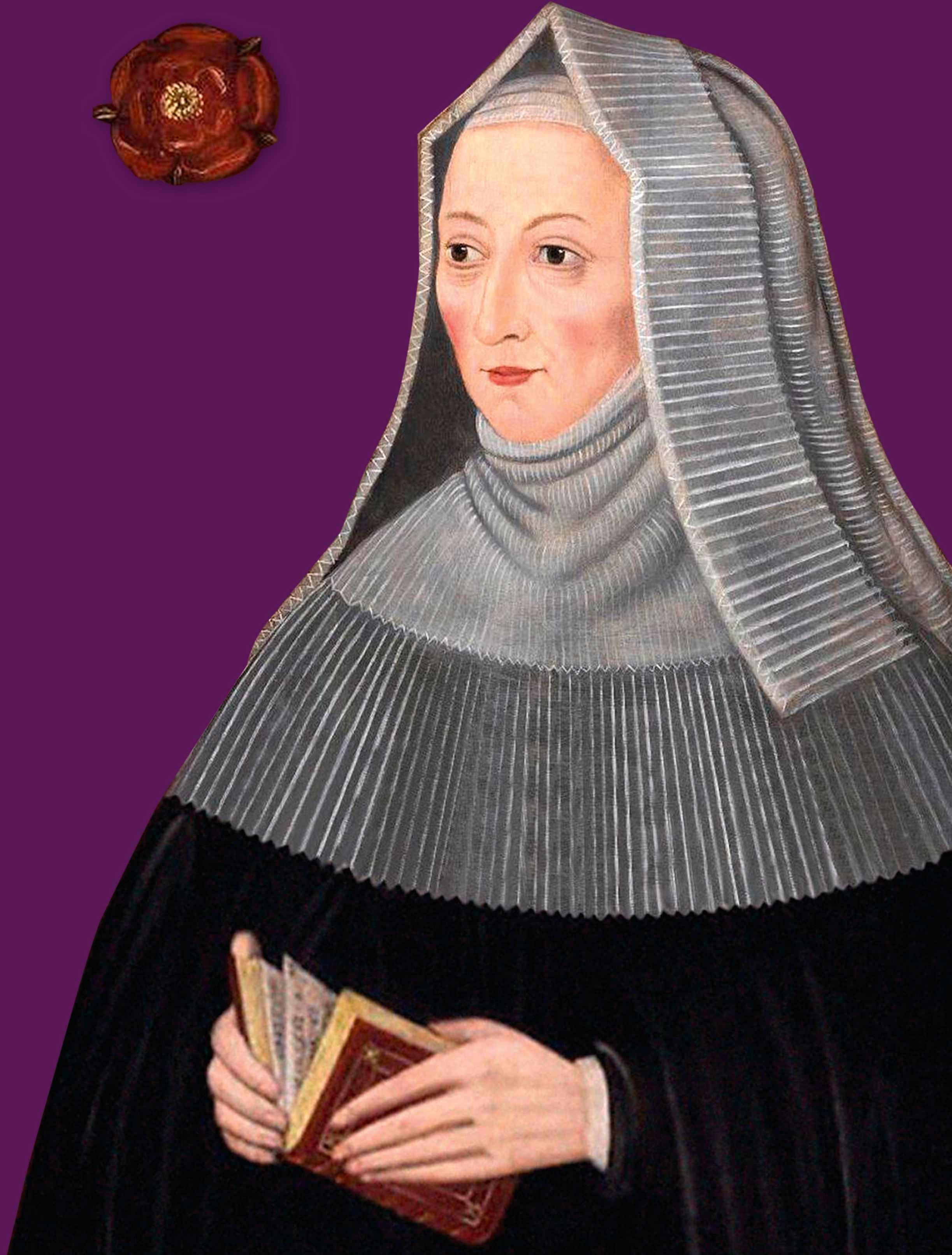試す 金 - 無料
Margaret Beaufort Schemer or opportunist?
BBC History UK
|December 2025
The mother of Henry VII is often characterised as a domineering woman who plotted her son's rise to the throne.
-

But how true is that depiction?
Lauren Johnson explores the life of the founding matriarch of the Tudor dynasty
In March 1457, a short, slight widow left Pembroke Castle to embark on a 100-mile journey across territories stalked by civil war and pestilence. Her husband had died only four months earlier, carried off by plague contracted during imprisonment at another Welsh castle during the spurts of Yorkist resistance that marked the early Wars of the Roses. It was just weeks since she had given birth - a traumatic labour, endured without her family or support network. But she set out now to Newport with a firm sense of purpose. She would protect herself in one of the only ways a woman could at that time: by finding another husband.
This widow and mother was Margaret Beaufort. She was 13 years old.
The newborn she left at Pembroke would, in 1485, become King Henry VII, the first Tudor monarch. Reading history backwards, it has become fashionable to portray Margaret as an obsessive, Machiavellian mother so consumed by the idea of her son's divine right to the throne that she would commit child murder to bring it about. She, it is insinuated, was the true assassin of the princes in the Tower who threatened the claim of her "good and gracious prince, king and only beloved son". But this interpretation is entirely fictional, and mired in misogynist oversimplification. Margaret did not aspire to a crown, either for her son or herself, until the unprecedented events of the Wars of the Roses made it essential for their survival.
Child bride
このストーリーは、BBC History UK の December 2025 版からのものです。
Magzter GOLD を購読すると、厳選された何千ものプレミアム記事や、10,000 以上の雑誌や新聞にアクセスできます。
すでに購読者ですか? サインイン
BBC History UK からのその他のストーリー

BBC History UK
Hymn to life
Scripted by Alan Bennett and directed by Nicholas Hytner - a collaboration that produced The Madness of King George and The History Boys – The Choral is set in 1916.
1 min
December 2025

BBC History UK
Helen Keller
It was when I was eight or nine years old, growing up in Canada, and I borrowed a book about her from my local library.
2 mins
December 2025

BBC History UK
Spain's miracle
The nation's transition from dictatorship to democracy in the late 1970s surely counts as one of modern Europe's most remarkable stories. On the 50th anniversary of General Franco's death, Paul Preston explores how pluralism arose from the ashes of tyranny
8 mins
December 2025

BBC History UK
Just how many Bayeux Tapestries were there?
As a new theory, put forward by Professor John Blair, questions whether the embroidery was unique, David Musgrove asks historians whether there could have been more than one 'Bayeux Tapestry'
7 mins
December 2025

BBC History UK
In service of a dictator
HARRIET ALDRICH admires a thoughtful exploration of why ordinary Ugandans helped keep a monstrous leader in power despite his regime's horrific violence
2 mins
December 2025

BBC History UK
The Book of Kells is a masterwork of medieval calligraphy and painting
THE BOOK OF KELLS, ONE OF THE GREATEST pieces of medieval art, is today displayed in the library of Trinity College Dublin.
3 mins
December 2025

BBC History UK
Passing interest
In his new book, Roger Luckhurst sets about the monumental task of chronicling the evolution of burial practices. In doing so, he does a wonderful job of exploring millennia of deathly debate, including the cultural meanings behind particular approaches.
1 mins
December 2025

BBC History UK
Is the advance of AI good or bad for history?
As artificial intelligence penetrates almost every aspect of our lives, six historians debate whether the opportunities it offers to the discipline outweigh the threats
8 mins
December 2025

BBC History UK
Beyond the mirage
All serious scholarship on ancient Sparta has to be conducted within the penumbra of the 'mirage Spartiate', a French term coined in 1933 to describe the problem posed by idealised accounts of Sparta.
1 mins
December 2025

BBC History UK
He came, he saw... he crucified pirates
Ancient accounts of Julius Caesar's early life depict an all-action hero who outwitted tyrants and terrorised bandits. But can they be trusted? David S Potter investigates
10 mins
December 2025
Listen
Translate
Change font size

